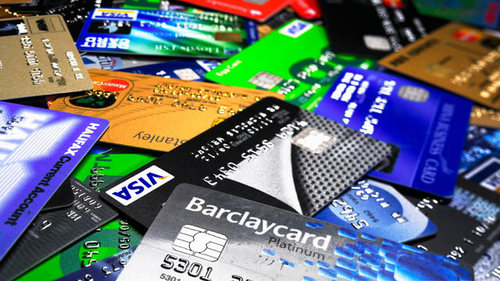It turns out that many of my otherwise intelligent friends have never had a credit cards. I don’t mean to be pushy, but you should probably get one… and here’s why. Many credit cards will:
- Give you a 0% intro APR for 12-15 months. If you have been living hand-to-mouth for awhile, you’re probably doing downright insane things to “save money” like being forced to perpetually pay your bills late due to lack of funds and getting hit with $20 late charges. Or putting off $100 repairs on your car that will knowably turn into $1000 repairs later. If you use your 0% intro period to break these cycles of sub-optimal financial decisions, you will save hundreds of dollars both in expectation and in reality.
- Pay you $100-$200 sign-up bonuses. For example, the point bonuses for many credit cards are very easy to earn by spending $500-3000 in your first few months. If you don’t think you can spend that much money intelligently, you can always sign up for an Amazon payments account and just send $1k/mo to a friend (with no fees) and have them pay you back in cash. Congratulations! You just earned free money while increasing your credit score.
- Most cards pay you 1-2% on all your purchases. This makes everything in the world at least 1% cheaper for you. It’s a small edge, but edges like this add up over time.
Note: I’m not recommending you carry a balance — except when you have the 0% intro — then you should autopay the minimum. You should also make a calendar reminder for a month before your promo ends and pay off your balance in full. Then autopay your balance every month from then on.
Again, I’m mentioning all this because I’ve increasingly heard from my friends that they don’t have credit cards at all. My only guess is that perhaps the social stigma of people graduating from college with credit card debt for stupid reasons (i.e., because they spent it all drinking for 5 years) has made some smart people overcorrect and not get credit cards at all.
But taking on credit/debt is not something to fear or avoid. It merely amplifies the extent to which you can make good/bad decisions by giving you higher leverage and more liquidity. If used wisely, it costs you nothing, pays you immediately, pays you continuously, and saves you money reliably.
